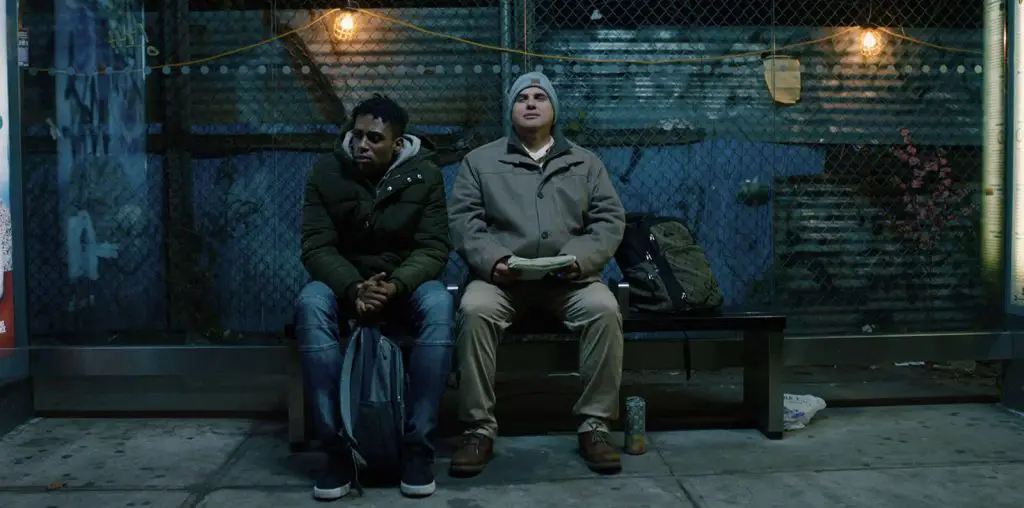
The recent wave of war films from “Saving Private Ryan” and “The Thin Red Line” through “Hart’s War” and “We Were Soldiers” owes a tremendous debt to the all too overlooked oeuvre of Lee Donowitz, whose most accomplished work is now receiving a much-deserved re-release by its studio Morgan Creek. “Coming Home In A Body Bag, Part 2” is the 1993 sequel to the semiautobiographical account Donowitz made in 1989 chronicling his experiences in Viet Nam as a mess hall worker and wartime correspondent for Bon Appetit Magazine. In the tradition of the second “Godfather” film and “Aliens,” this is that rarest of cinematic achievements: a follow up that outshines the original.
Saul Rubinek reprises his role as PFC D. Spivey, a young man whose dreams of attending the Cordon Bleu and one day becoming a world class sous chef are put on hold when he’s drafted and sent into the jungles of Southeast Asia. Gary Oldman turns in a blistering performance as a hard-as-nails sergeant who rides the young cook mercilessly but undergoes a moving transformation late in the film when Spivey proves himself by whipping up the perfect hollandaise under intense enemy fire.
A pioneer in the creation of ultra-realistic battle sequences, Donowitz developed many of the techniques commonly used in war films today. In fact, the picture received an Oscar nomination the year it was released in the category of best special effects for its groundbreaking simulation of blown-off body parts.
Killed in a tragic blender accident four years after this picture was finished, the filmmaker never lived to see the renewed interest his work would receive as the next generation of military food service personnel discovered it. Donowitz blazed a trail now taken by some of the world’s most recognized cinematic artists from Terence Malick and Steven Spielberg to Tony Scott, who drew on the late director’s obsession with cylindrically based weapons of war in “Top Gun” and “Crimson Tide.” So far reaching is his impact on the genre that it’s difficult to imagine “Saving Private Ryan” ever making it to the screen had Private Spivey not made it there first. As Quentin Tarantino observed during a recent Donowitz retrospective at the Alabama School of Cinema, “He was ahead of his time, man. A genius. I can’t believe I haven’t borrowed from him yet!”
The writer-actor-director isn’t the only one in Hollywood who’s found inspiration in Donowitz’s body of work. A legion of filmmakers has been influenced by his insight and innovation. With the re-release of “Body Bag 2,” that debt is at long last acknowledged and proper tribute finally has been paid.

